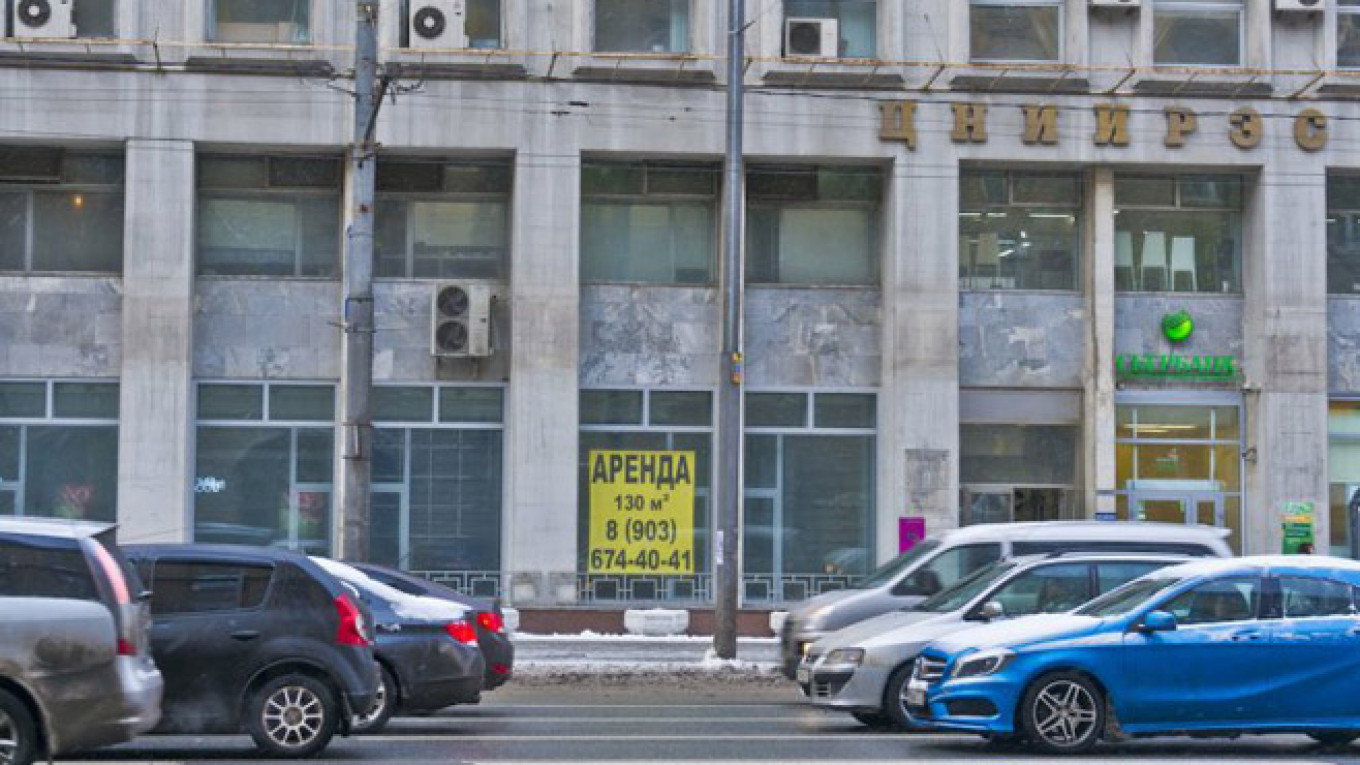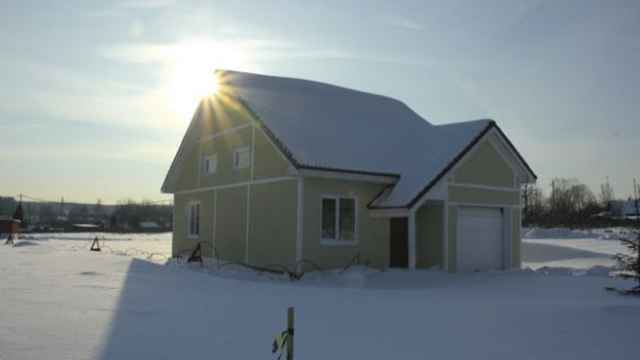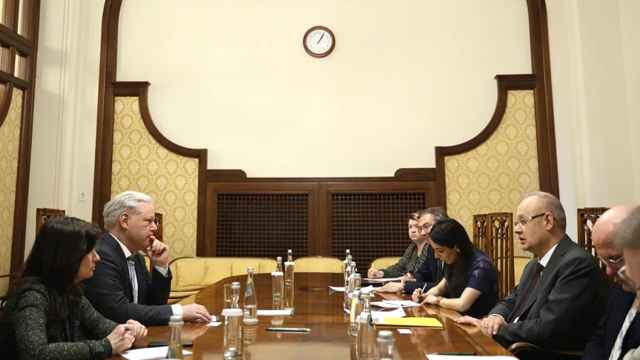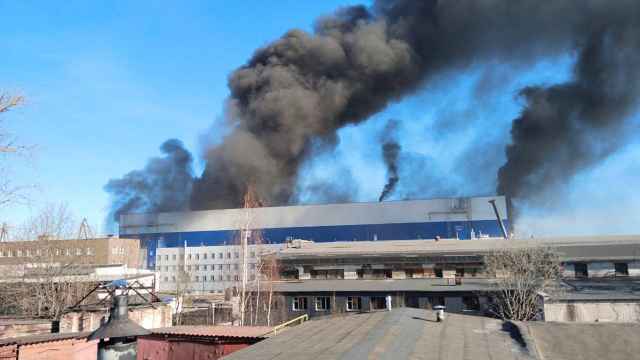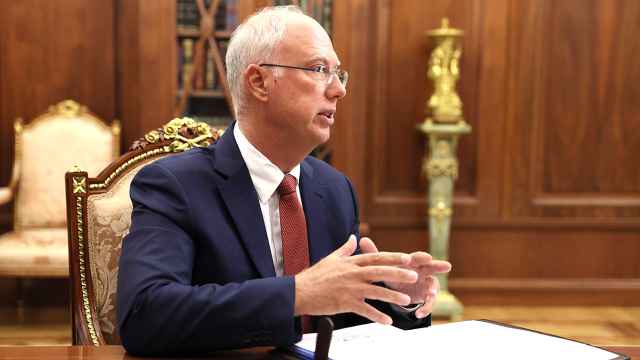Regulations for planning state construction projects push costs up by as much as 40 percent, Russia's Audit Chamber said in a statement Monday.
Prices are inflated as some state agencies ignore existing budgeting procedures, some partially fulfill them and others outsource them to private agencies, according to the state's financial watchdog.
See the photo gallery: Moscow's Prime Real Estate Stands Vacant as Crisis Hits
"The federal budget-regulatory base was developed and confirmed in 2001. Despite corrections in 2009 and 2014, it has not taken into account a series of modern mechanisms capable of reducing expenses," the Chamber said.
Large construction projects in Russia, including building work on prestige projects such as Olympic venues in Sochi and construction ahead of the Asia-Pacific Economic Cooperation forum in Vladivostok in 2012, have been dogged by allegations of corruption and opaque pricing.
Building costs for the Vostochny Cosmodrome in Russia's Far East have been inflated by 13 billion rubles ($198 million), the head of the Audit Chamber Tatyana Golikova said Jan. 31, news agency RIA Novosti reported.
At least three people involved in the Vostochny construction have been arrested on embezzlement charges following an investigation by the Federal Security Service in coordination with the Investigative Committee and the Audit Chamber.
Other construction projects with an inflated budget mentioned by the Audit Chamber include metro lines, airports and the Vladivostok oceanarium.
The state spends more than 1 trillion rubles ($15.2 billion) on construction projects a year, according to the Audit Chamber. Russia's building industry consists of 218,000 construction companies and 2.8 million specialists, the watchdog said.
A Message from The Moscow Times:
Dear readers,
We are facing unprecedented challenges. Russia's Prosecutor General's Office has designated The Moscow Times as an "undesirable" organization, criminalizing our work and putting our staff at risk of prosecution. This follows our earlier unjust labeling as a "foreign agent."
These actions are direct attempts to silence independent journalism in Russia. The authorities claim our work "discredits the decisions of the Russian leadership." We see things differently: we strive to provide accurate, unbiased reporting on Russia.
We, the journalists of The Moscow Times, refuse to be silenced. But to continue our work, we need your help.
Your support, no matter how small, makes a world of difference. If you can, please support us monthly starting from just $2. It's quick to set up, and every contribution makes a significant impact.
By supporting The Moscow Times, you're defending open, independent journalism in the face of repression. Thank you for standing with us.
Remind me later.


